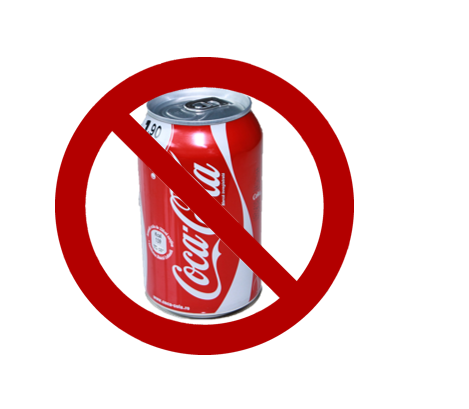
In a study conducted by University of California San Francisco’s (UCSF) Elissa Epel and colleagues, Epel wanted to evaluate the relationship between access to sugar-sweetened beverages (SSB) in the workplace and total daily consumption.
Epel and team banned the sale of all SSBs at UCSF for 10 months. Her team found that in employees deemed “frequent” SSB drinkers, consumption went down from 35 fluid ounces to a startling 17 oz.
Even though the employees still had access to SSBs outside of the campus, their consumption decreased significantly, highlighting the impact of eliminating access to SSBs in the work environment.
“This shows us that simply ending sales of sugary drinks in the workplace can have a meaningful effect on improving health in less than one year,” Epel said in a statement. “There is a well-known pathway from soda to disease. High sugar intake leads to abdominal fat and insulin resistance, which are known risk factors for diabetes, heart disease, cancer and even dementia. Recent studies have also linked sugar intake to early mortality.”
But this correlation was not enough for Epel. Before the ban went into effect, her team recruited 214 full-time employees who were self-reported “frequent” SSB drinkers. Epel and her team then randomly separated the employees into two groups: one group would receive a motivational intervention along with the SSB ban, while the other group wouldn’t receive any intervention. The motivational intervention included a 15-minute motivational session to begin and 5-minute calls one week, one month, and sixth months after the ban was put into effect.
The results were astounding; the participants in the intervention group consumed 25.4 oz less compared to the control group who only consumed 8.2 oz less.
Epel and her team had successfully proven a correlation between banning SSBs and consumption as well as a correlation between intervention and consumption. To read more about Epel’s study click here.
Sign up for Diabetes Blog Bytes – we post one daily Blog Byte from Monday to Friday. And of course, Tuesday is our Question of the Week. It’s Informative and FREE! Sign up below!
[yikes-mailchimp form=”1″]







